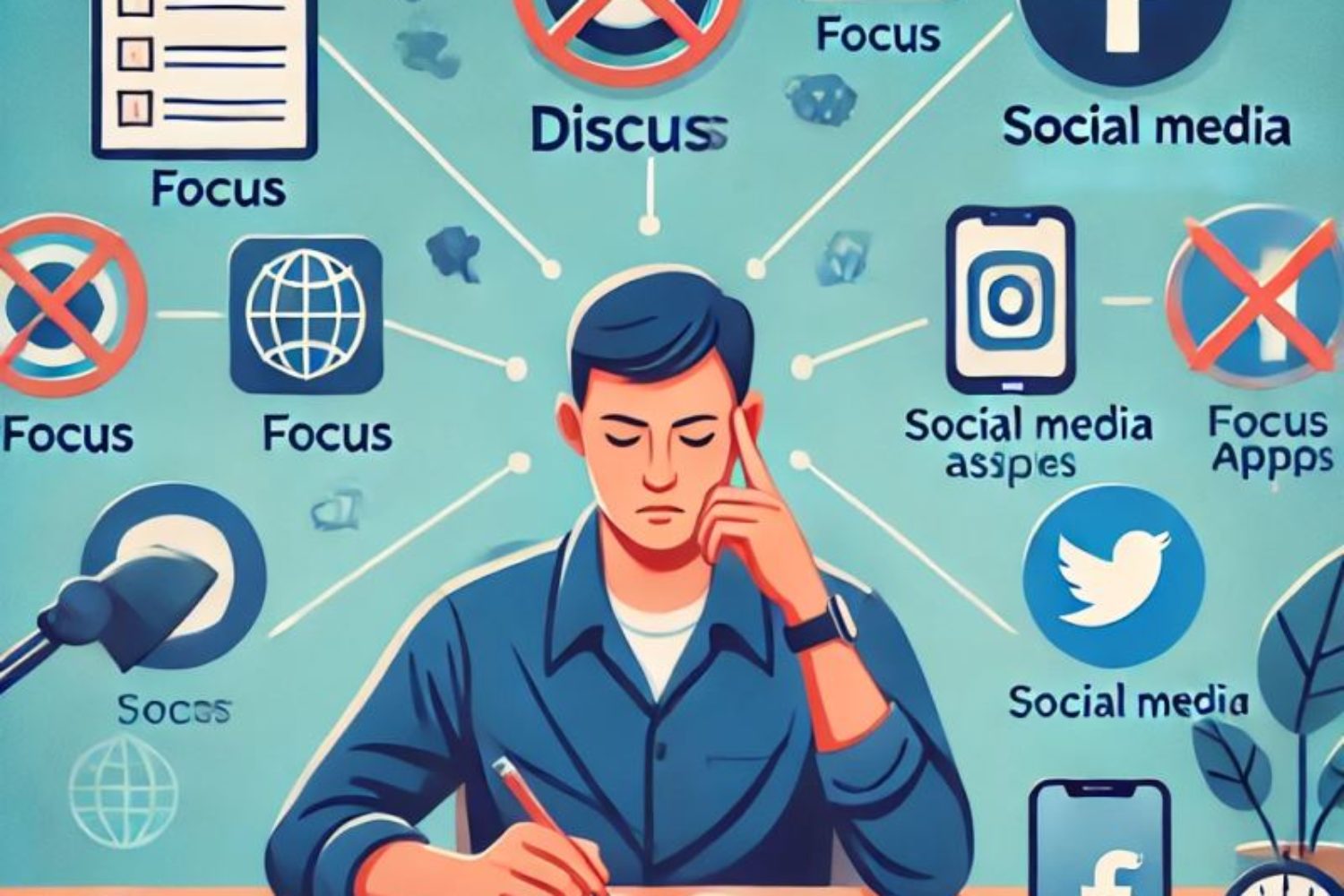Introduction:
In today’s digital age, distractions are abundant, making it increasingly difficult to concentrate deeply on tasks. “Deep Work” by Cal Newport addresses this challenge and provides strategies to help individuals improve their work output and make the most of their free time.
As a founder and business leader, adopting the principles of deep work can significantly enhance leadership, discipline, organizational growth, and innovation. This blog post summarizes the key points of the book, detailed insights, and my personal experiences with its principles.
Summary and Detailed Insights:
“Deep Work” explores the importance of focused work and offers practical strategies to cultivate a deep work habit. The book is divided into two parts: the idea and the rules.
- The Idea:
- Newport introduces the concept of deep work, which he defines as professional activities performed in a state of distraction-free concentration that push cognitive capabilities to their limit. These efforts create new value, improve skills, and are hard to replicate.
- He contrasts deep work with shallow work, which consists of non-cognitively demanding tasks often performed while distracted. These tasks do not create much new value in the world and are easy to replicate.
- The Rules:
- Work Deeply: Newport emphasizes the importance of cultivating a deep work habit. He suggests creating rituals and routines to minimize the amount of willpower necessary to transition into a state of unbroken concentration.
- Embrace Boredom: To succeed with deep work, one must learn to embrace boredom and resist the urge for constant stimuli. This involves scheduling breaks from focus to give the mind a rest.
- Quit Social Media: Newport advises evaluating the tools we use to determine if they support our deep work goals. He recommends quitting or limiting social media usage to reduce distractions.
- Drain the Shallows: He encourages minimizing shallow work and replacing it with deep work wherever possible. This involves scheduling every minute of the day and imposing strict limits on shallow tasks.

- Leadership: Deep work enhances leadership by improving the ability to focus on strategic tasks and make high-quality decisions.
- Discipline: Developing a deep work habit requires discipline to maintain focus and resist distractions.
- Organizational Growth: By fostering a culture of deep work, organizations can achieve greater productivity and innovation.
- Innovation: Deep work allows for the development of new ideas and solutions, driving innovation within the organization.
Personal Experience and Thoughts:
As a founder and business leader, integrating the principles of “Deep Work” has been transformative. By creating a structured environment that minimizes distractions, I’ve been able to focus more deeply on critical tasks, leading to improved productivity and innovative thinking. The practice of scheduling every minute of the day has also helped me manage my time more effectively, ensuring that I dedicate sufficient time to deep work.
Conclusion:
“Deep Work” by Cal Newport is an essential read for anyone looking to enhance their productivity and focus in a distracted world. The book’s blend of scientific research, practical strategies, and personal anecdotes makes it an invaluable resource. By embracing the principles of deep work, leaders can improve their effectiveness, foster organizational growth, and drive innovation.
About the Author:
Cal Newport is an assistant professor of computer science at Georgetown University specializing in the theory of distributed algorithms. Several publications, including Inc. Magazine, The Globe and Mail, and 800-CEO-Read, have featured his most recent book, “So Good They Can’t Ignore You,” on their lists for the best business book of the year.
Author Links:
Book Purchase Links:
Book and Author Websites:


